- The Morning Post
- Posts
- Student Loans' Future, Mortgage Hope & Chemical-Free Farming
Student Loans' Future, Mortgage Hope & Chemical-Free Farming
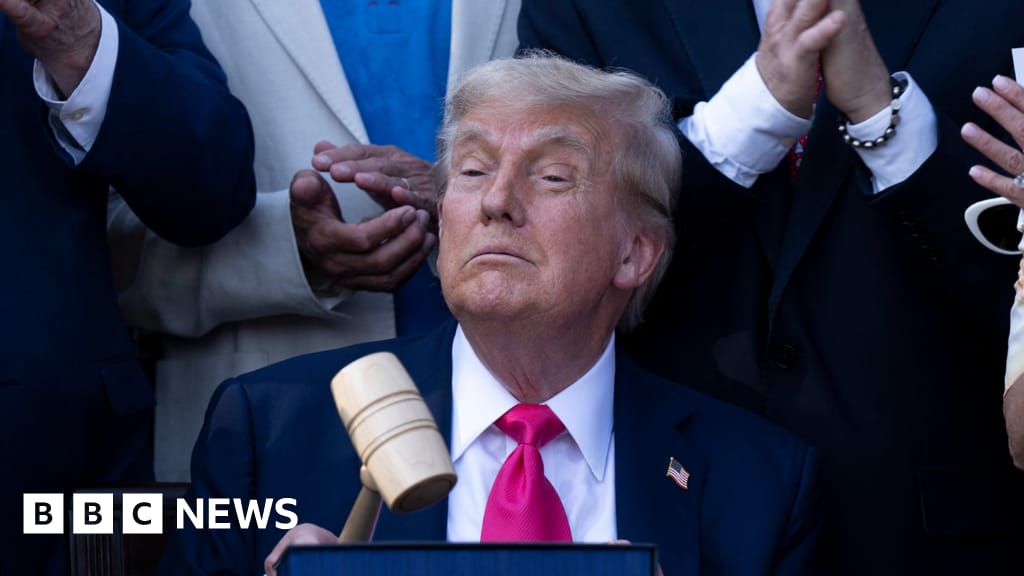
The U.S debt has skyrocketed to a staggering $37 trillion, raising eyebrows and concerns about its sustainability. Recently, Donald Trump celebrated the passage of his tax-cutting budget bill, which could add at least $3 trillion more to this enormous figure.
Critics, including prominent figures like Elon Musk, have voiced their worries about the frantic pace of borrowing. While the U.
S. enjoys the privilege of being the world’s primary reserve currency, questions linger about how long this can last, especially with increasing dollar weakness and rising interest rates.
Experts warn that without a drastic change—be it cutbacks on spending, tax hikes, or even a potential default—the situation could spiral into economic chaos. Though the current outlook appears manageable, the future remains uncertain, proving that America’s financial stability is indeed an inflection point worth watching closely.

Japan is teetering on the brink of economic turmoil as it navigates its fraught trade relationship with the U.S under President Trump. Following initial hopeful talks in the Oval Office, negotiations have stalled, with Trump threatening hefty tariffs that could exacerbate Japan’s economic woes.
Prime Minister Shigeru Ishiba's government faces mounting pressure from voters amid funding scandals and a rising cost of living, making any concessions politically risky. The stakes are high: Japan, heavily reliant on its $148 billion export market to the U.S, risks sliding into recession if tariffs aren’t mitigated.
With mounting tension over agricultural imports and military costs, Japan strives to maintain its bilateral relationship with the U.S.
while protecting its own economic interests. Time is running out for successful negotiations before Trump’s tariff deadline, leaving Japan in a precarious position.
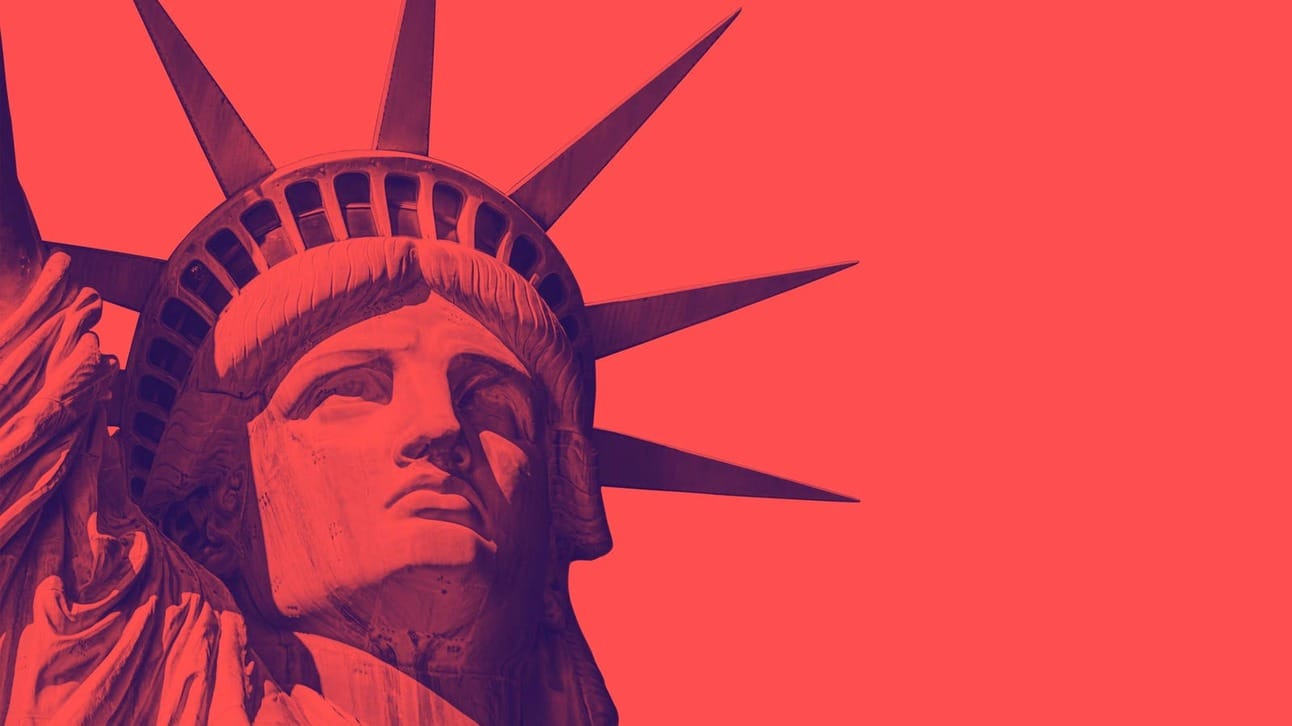
The impact of Trump-era policies on U.S tourism is dire, with projections indicating a staggering loss of up to $29 billion as international visitors flock elsewhere. A recent World Travel & Tourism Council study reveals the U.S is alone in witnessing declining visitor spending this year, despite global tourism rebounding.
Initially expected to gain from a 9% increase in visitors, the U.S now faces an 8.2% decline, with significant drops particularly from Canada—once a major source of tourists.
Factors like tariffs, travel bans, and stringent immigration policies have created a chilling effect, leading many foreign travelers to avoid the United States. Experts stress that without immediate action to restore international confidence, it could take years for the U.S to regain its former tourism levels.
As the situation unfolds, the tourism industry watches anxiously, hoping for a change in sentiment and policy.
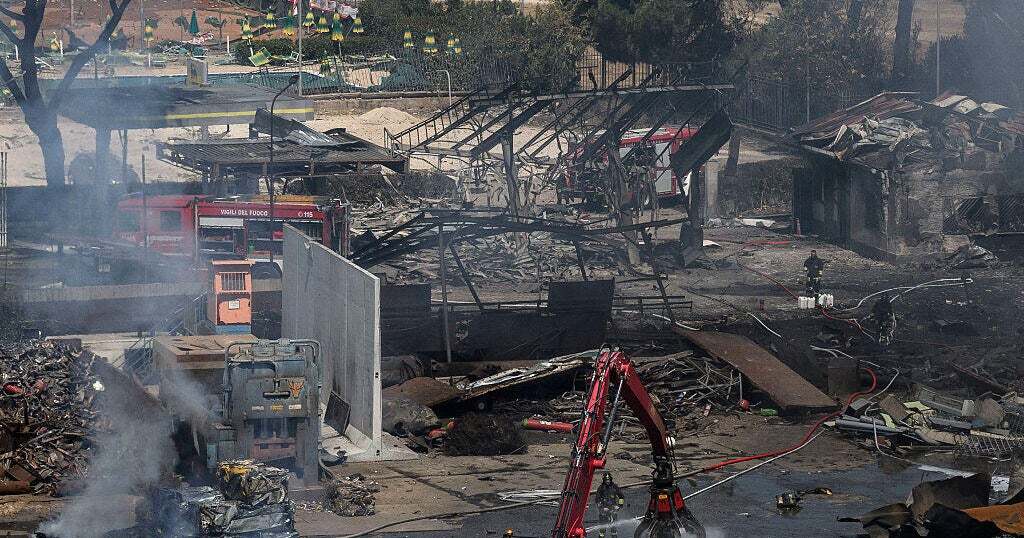
A powerful gas station explosion rocked a neighborhood in southeastern Rome on July 4, injuring at least 25 people, including first responders. The explosion, which sent a massive fireball and dark smoke into the sky, occurred shortly after 8 a.m., prompting emergency evacuations from a nearby sports center and residential buildings, potentially averting a greater tragedy.
Eyewitnesses described the scene as chaotic and terrifying, with one worker recounting the unbearable heat that burned his skin. Many of the injured were first responders and local residents, with two in severe condition.
As investigations into the cause begin, which may relate to a previous gas leak during unloading, officials are praising the swift action of police and firefighters. As the smoke clears, local leaders express their solidarity with those affected, while the community grapples with the aftermath of this shocking event in the heart of the city.
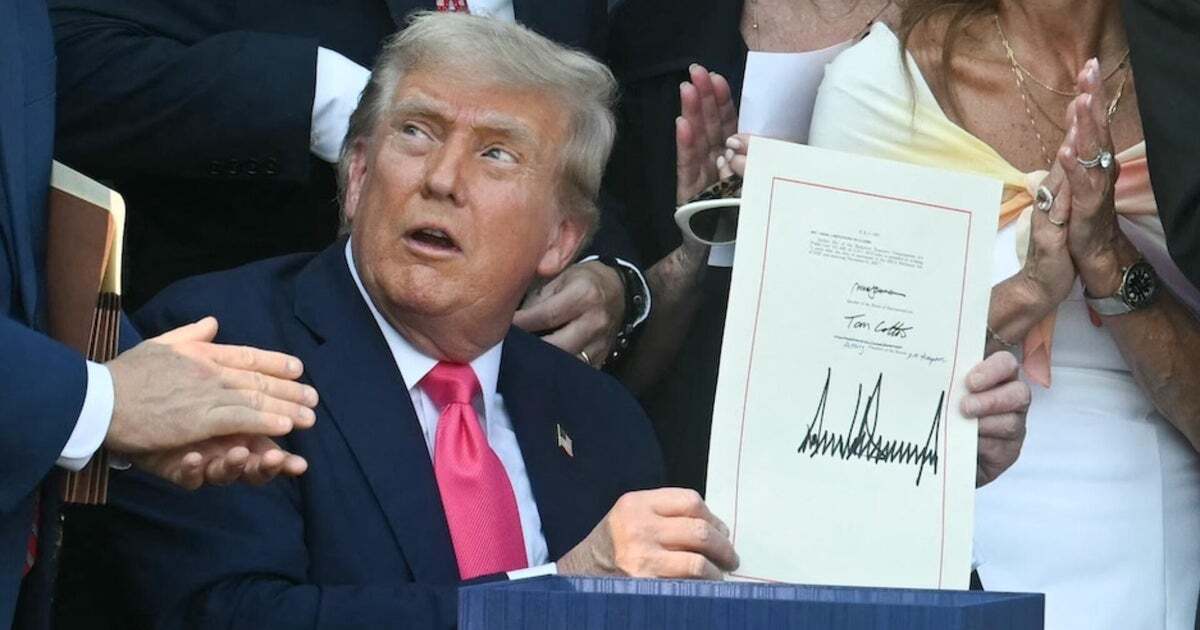
In a bold move, President Trump celebrated the signing of his "big, beautiful bill," a sweeping piece of domestic policy legislation aimed at making significant changes across various sectors. Speaking to reporters at the White House, he emphasized the enormity of the bill, promising it will bring about transformative impacts for Americans.
The legislation aims to address several pressing issues, resonating with his supporters and critics alike. Trump’s passionate endorsement aims to rally further support and shine a spotlight on what he perceives as a monumental achievement for his administration.
As the bill takes effect, both its implications and the ongoing political discourse surrounding it will be closely watched.
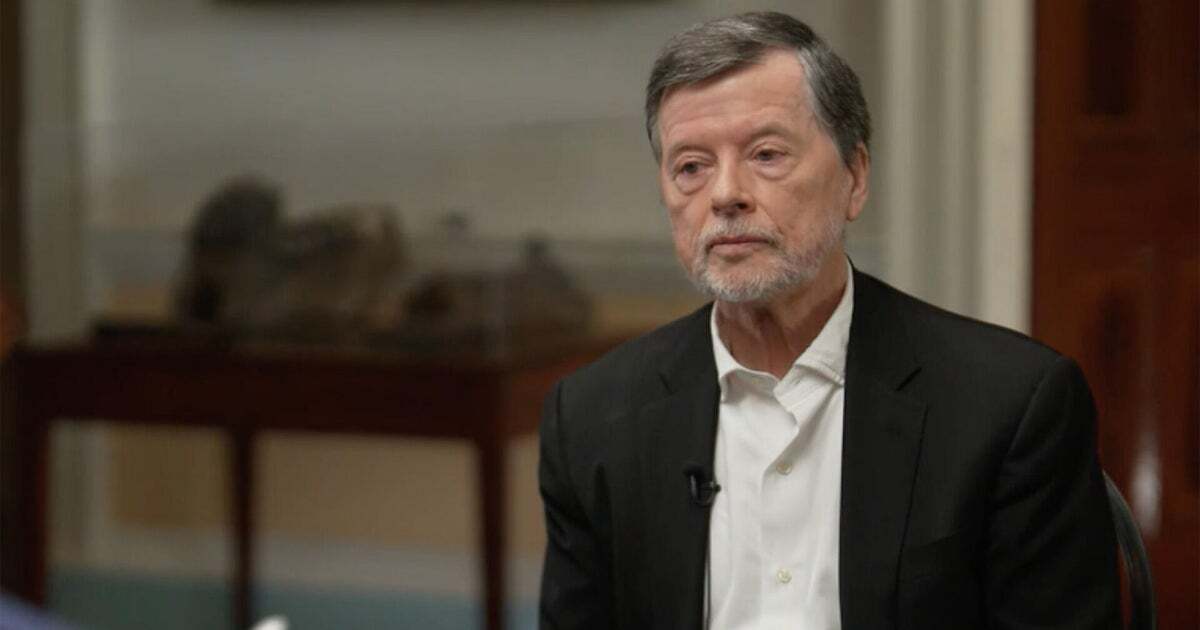
In a candid interview with CBS News, renowned documentary filmmaker Ken Burns expressed strong disapproval of recent attacks on PBS, labeling them as "foolhardy" and "misguided." He emphasized the invaluable role of public broadcasting in fostering informed citizenry and promoting cultural heritage.
As he gears up for the release of his new film on the American Revolution, Burns passionately advocates for the preservation of public media, highlighting its unique capacity to educate and inspire. His insightful conversation with John Dickerson promises to shed light on both his latest project and the significance of public broadcasting in today's society.

In a shocking incident in Chicago's Back of the Yards neighborhood, a mass shooting injured seven individuals as two assailants opened fire on a crowd. The attack unfolded when the suspects approached on foot, brandishing firearms, and unleashed a barrage of gunfire, sending frightened bystanders fleeing for safety.
Authorities are investigating the motive behind this brazen assault, which has left the community in turmoil and grappling with the rising tide of gun violence. Local leaders are calling for urgent action to address safety concerns and prevent future tragedies.
As the search for the suspects intensifies, residents are left to reflect on their vulnerability amidst such senseless violence. The push for change in gun laws and community safety is gaining momentum, with many hoping this incident will spark the needed dialogue to protect lives and restore peace in the streets.
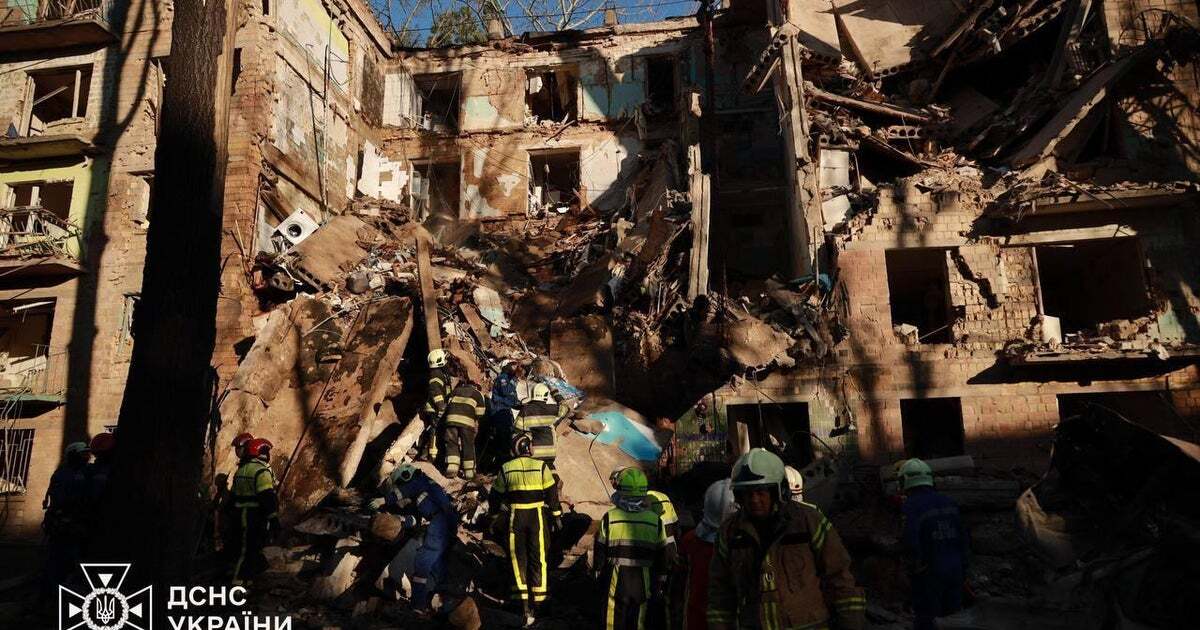
In a troubling revelation, European intelligence has reported an alarming increase in Russia's use of banned chemical weapons, including WWI-era chloropicrin, in the ongoing conflict in Ukraine. The Dutch and German intelligence agencies found that the Russian military's deployment of these weapons has become a disturbing norm, with drones dropping chemicals to flush out Ukrainian soldiers, who are then targeted.
Dutch Defense Minister Ruben Brekelmans has called for stronger sanctions against Moscow and emphasized the need to prevent the normalization of such brutal tactics. Despite Russia's membership in the Chemical Weapons Convention, reports claim they have conducted around 9,000 chemical attacks in Ukraine since the onset of the full-scale invasion.
As concerns grow over the implications for global security, the international community must respond to this dire situation, which reflects the harsh realities of modern warfare.
Spread the word!
Don’t keep us a secret, forward this email to your friends.
Thanks for reading Morning Post Online! Subscribe for free to receive latest news and support our work.